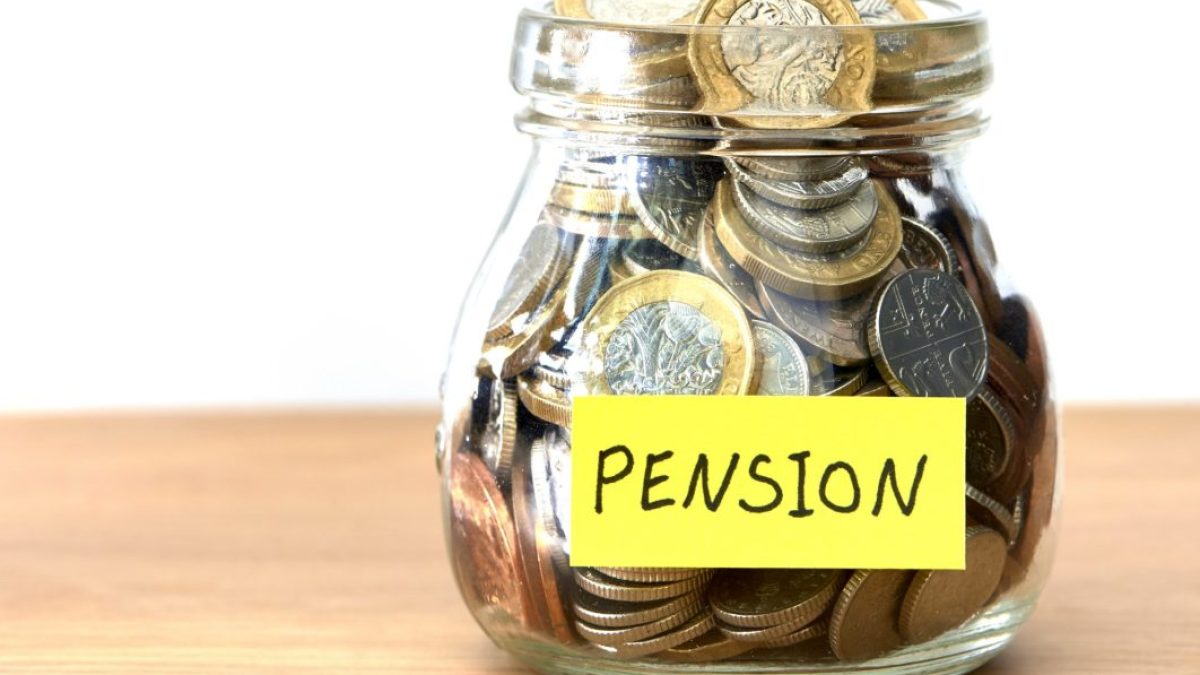Pensioners who take their tax-free cash and then regret their decision may have to live with the consequences, under new guidance
Pensioners who choose to take tax-free cash from their retirement savings before the Budget are being warned that they may find themselves unable to reverse the decision if they change their mind.
Savers are able to take a quarter of their pension – up to the value of £268,275 – tax-free, but there have been multiple calls by experts for this limit to be cut, with the Institute for Fiscal Studies (IFS) suggesting last year it should be reduced to £100,000.
Speculation about changes to the policy prompted some pensioners to withdraw their cash ahead of the Budget last October, with figures from the Financial Conduct Authority (FCA) showing over 25,000 people accessed pots worth £250,000 or more in the six months to September 2024.
But there was then no policy change, and some savers tried to reverse their decisions.
Some firms allowed those who took their cash, and regretted it in the light of the lack of policy change, to put their money back into their pension and undo their decision. The were able to do this under rules that allow cancellation of certain actions within 30 days of it being taken.
But new guidance from HMRC has cast doubt on whether this will be allowed in future.
Statements from the taxman and the FCA today suggest many decisions to take out a pension will not be covered by the 30-day rules, and that some individuals could be treated as having used up some of their lifetime lump sum limit of £268,275, even if the money has gone back into their pension.
Alasdair Mayes, head of pensions and tax at consultants LCP, said: “The latest statements by HMRC and the FCA are a reminder that people should think very carefully before making major financial decisions based on speculation about what might be in the Budget.
“In particular, in many cases it may be impossible to undo the tax implications of such a decision if it turns out – again – that there is no Budget change to pension tax relief. For example, people who try to reverse their decision after a Budget may find that they have irreversibly used up some of their lifetime limit of tax-free lump sums.
“The exact rules clearly depend on the precise nature of the transaction and individuals need to be sure that they understand the full consequences of any decision taken in advance of the Budget.”
How the rules work – plus the pros and cons
When you start drawing from your pension, you usually pay income tax on the money you receive.
However, you can take 25 per cent of the total – known as a pension commencement lump sum – as tax-free cash. But the value of this cannot exceed £268,275.
Taking your tax-free cash allows you to receive a lump of money that can be used for a range of things. You could use it to pay off the remainder of your mortgage, or to fund an expensive purchase, like a holiday.
But there are also disadvantages to withdrawing – or at least to withdrawing early. The longer you leave your pension invested, the bigger it becomes. That means that if you wait to take your cash, you can potentially take a bigger amount tax-free.
That money will also grow tax-free while invested, as gains made from investments in pensions do not attract capital gains tax, whereas if you were to withdraw the money and then invest it, you may owe tax on any increase in its value.
Why people are withdrawing ahead of Budget
Some pension savers may be wondering if its worth taking their tax-free cash out of their pension before the Budget, in case the rules change and they then can only take a lower amount.
Experts generally warn against making financial decisions based on speculation, and the new guidance from HMRC may add weight to that argument.
What has HMRC said?
In a newsletter today, HMRC said: “If an action has resulted in a tax consequence, and an attempt is made to reverse the action, normally the resulting tax consequences cannot be reversed. The tax consequences will normally stand.”
In follow-up guidance, the FCA said: “Under our rules, consumers have the right to cancel certain contracts, typically within 30 days of entering the contract, if they change their mind.
“However, the right to cancel does not arise in all circumstances. A consumer accessing tax-free cash in itself does not trigger cancellation rights under our rules.”

